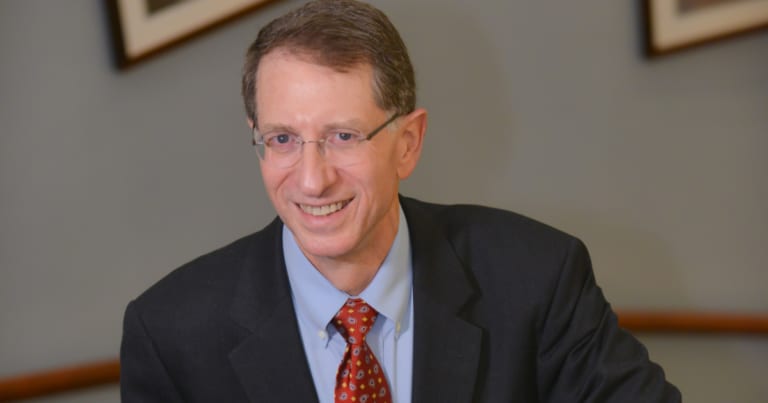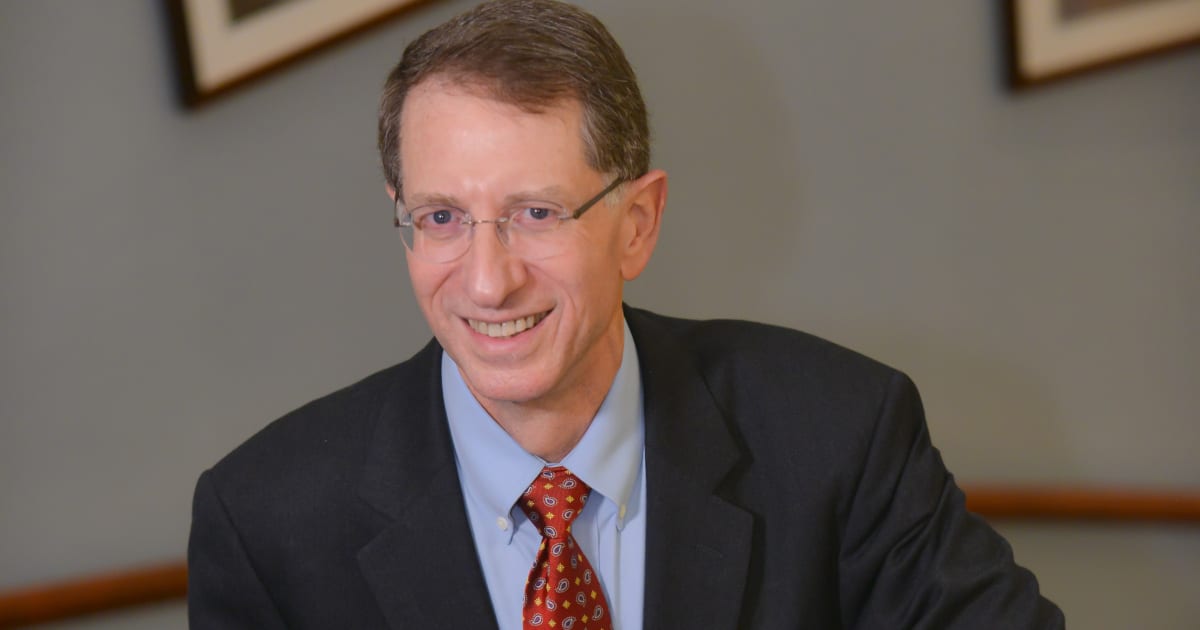Last July, I was supposed to speak at the Aspen Allergy Conference on “From Burnout to Wellness – Saving the Allergist.” Of course, COVID-19 came and, like so many other educational programs last year, it was cancelled. Since I don’t like snow, going to Aspen in the summer is perfect for me. I planned to discuss the origins of burnout. It was first described in a paper in the Journal of Social Issues in 1974 by Herbert Freudenberger, PhD, an American psychologist, who has the title of “Father of Burnout.” He has an interesting history as he fled to the U.S. as a teenager from Nazi Germany with his parents’ approval on a false passport to live with a relative in New York City. In addition, I was going to cover the results of research performed by the College and the American Academy of Allergy, Asthma and Immunology in surveying allergists to understand the degree of burnout in our specialty. Lastly, my lecture was going to summarize the steps to wellness, including changes the allergist could make in their personal life and practice situation.
Now, one year after the start of the COVID-19 pandemic, what has been the effect on burnout in physicians, and in particular, in allergists? Earlier this year, Medscape published their 2020 survey on physician burnout with data collected from Aug. 30 to Nov. 5, 2020. I would have thought burnout rates of physicians would have dramatically increased, but that is not what was found. Physician burnout was still at very serious numbers – 42%, but no difference from the total in the 2019 survey. What has changed was the specialties reporting the highest numbers. It should not be a surprise to any of us, but the specialty with the highest percentage of burnout was critical care physicians, going from 44% to 51%. Wow – over half of the specialty. What other specialties increased? Rheumatologists from 46% to 50%, which I am not sure why, and infectious disease specialists from 45% to 49%, which I do understand. Of course, you are interested in allergists. In 2019, it was 37% and went to 39% in 2020. A small increase, to be sure, but an increase nevertheless. Definitely not the right direction.
Other interesting data gleaned from the Medscape survey included that 21% stated their burnout started with the pandemic, related to issues such as lack of adequate personal protective equipment (PPE), grief from patients dying, watching families suffer, long hours and difficult working conditions. While female physicians have historically reported higher rates of burnout than their male peers, this gap grew in 2020. Fifty-one percent of women said they were burned out, compared to 36% of men. More needs to be done to address the specific issues of burnout in female physicians.
Last summer, Meredith Bradley, MD and Praveen Chahar, MD published an article in Cleveland Clinic Journal of Medicine on burnout during COVID. They listed the following stressors which increased the risk of burnout in health care providers due to COVID-19: social isolation, self-quarantine, availability of PPE, risk of infecting loved ones, risk of death from COVID-19, decreased childcare help, decreasing revenue, salary freeze or reduction, vacation reduction, and decreased doctor-patient relationship. No doubt, probably all of us in allergy saw one or more of these during the last year. The authors covered many of the same strategies I was going to discuss in Aspen about preventing burnout, including individual self-help programs and institutional changes to support the physician. Unfortunately, I can’t discuss these in detail in this column, but there is an abundance of medical literature on preventing burnout.
I want to leave you with one very important message. It is estimated that from 300 – 400 physicians commit suicide in the U.S. each year. We have to get over the stigma of physicians reaching out for mental health care. If you or one of your colleagues is having thoughts of suicide, contact the National Suicide Prevention Lifeline at 1-800-273-8255 (TALK), or contact the Crisis Text Line by texting “4Hope” to 741741. With this pandemic, we all have to help each other.


